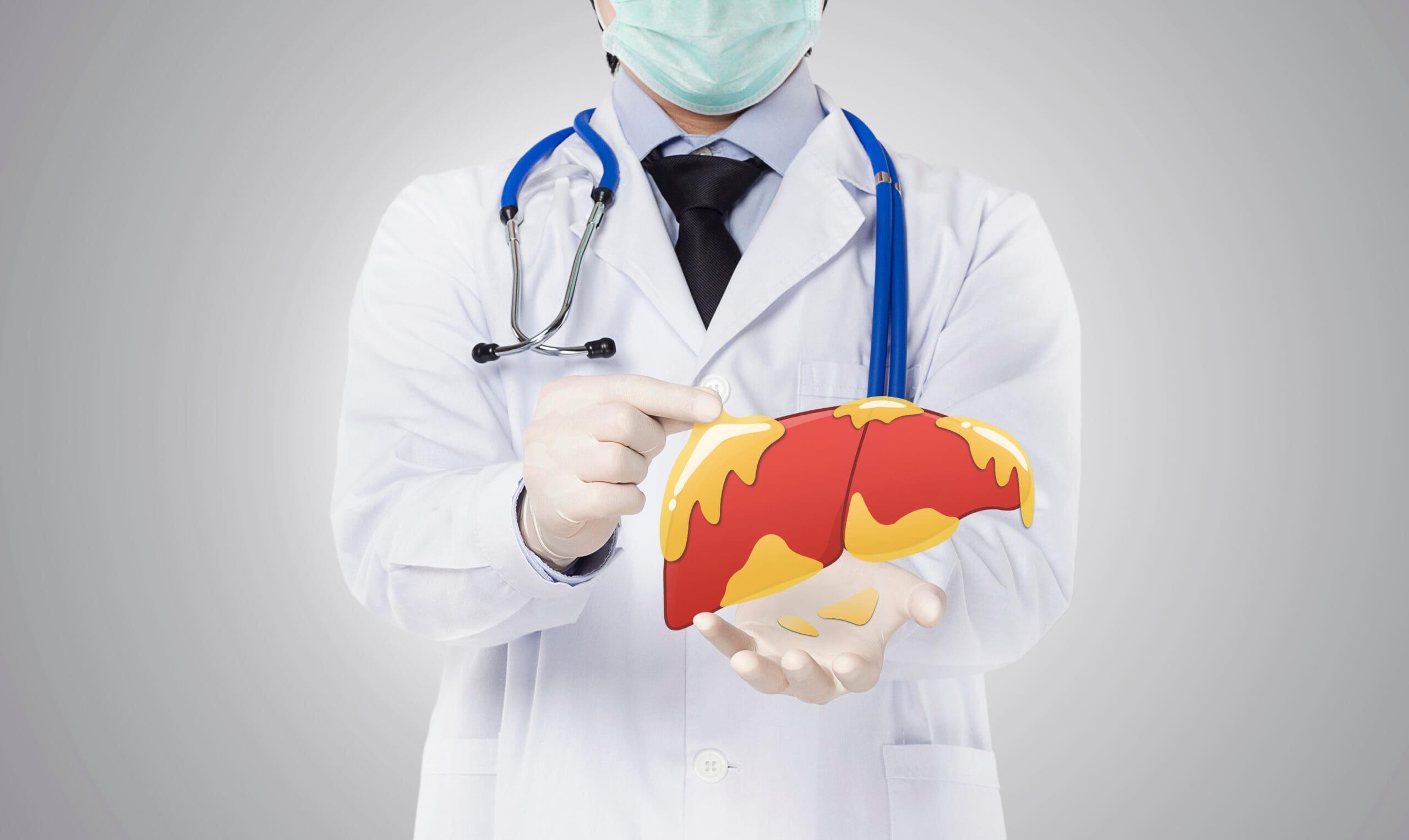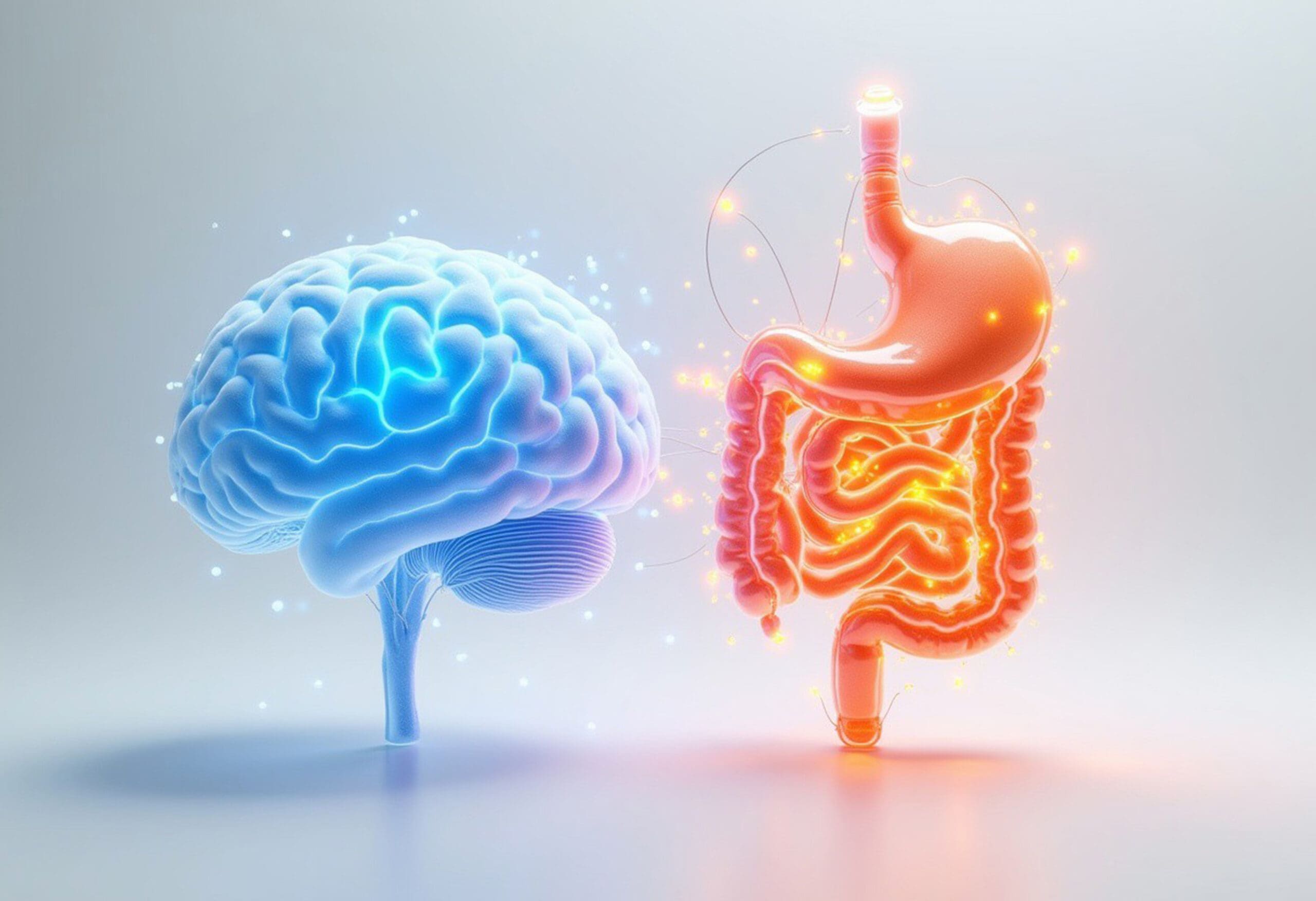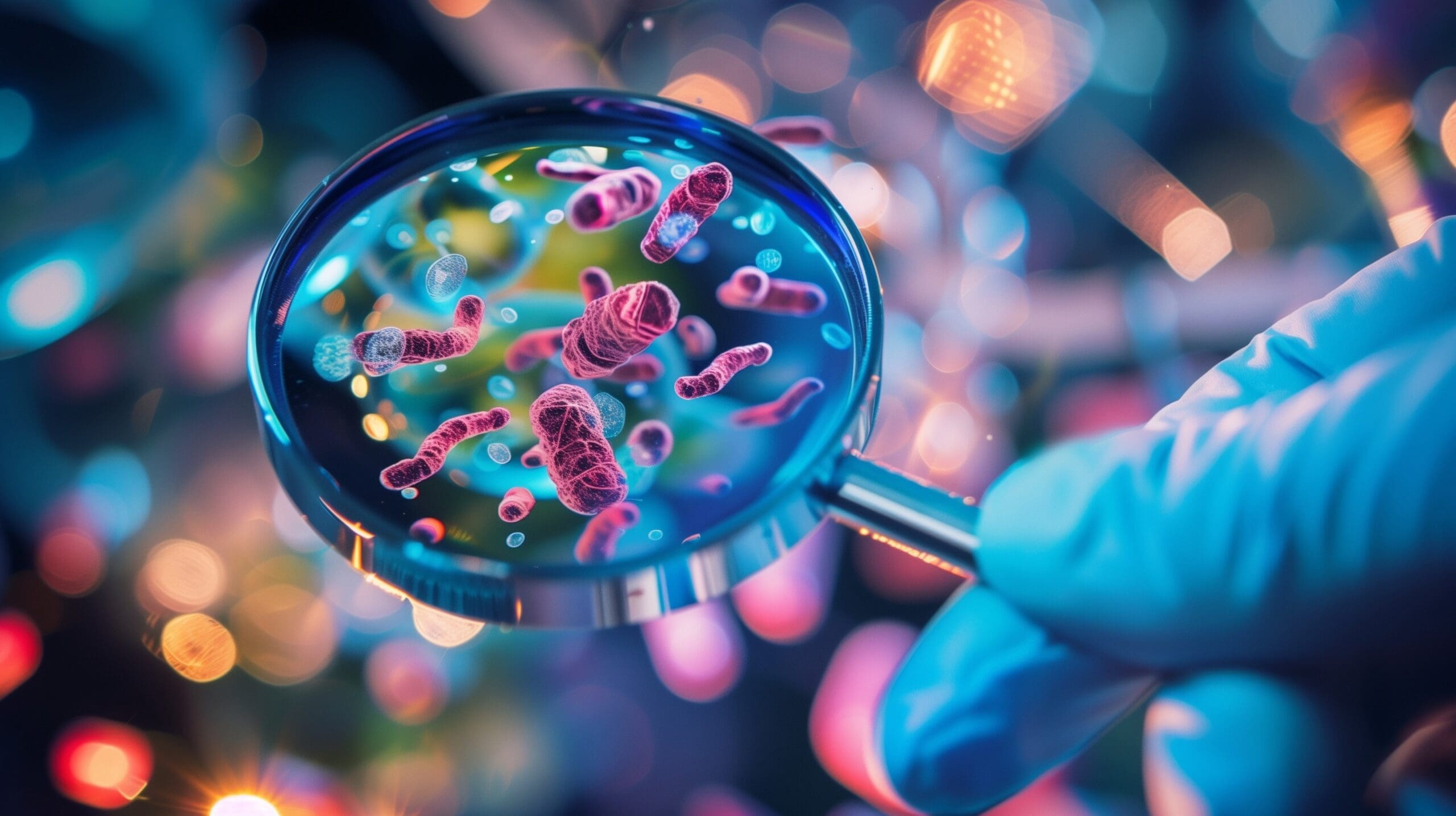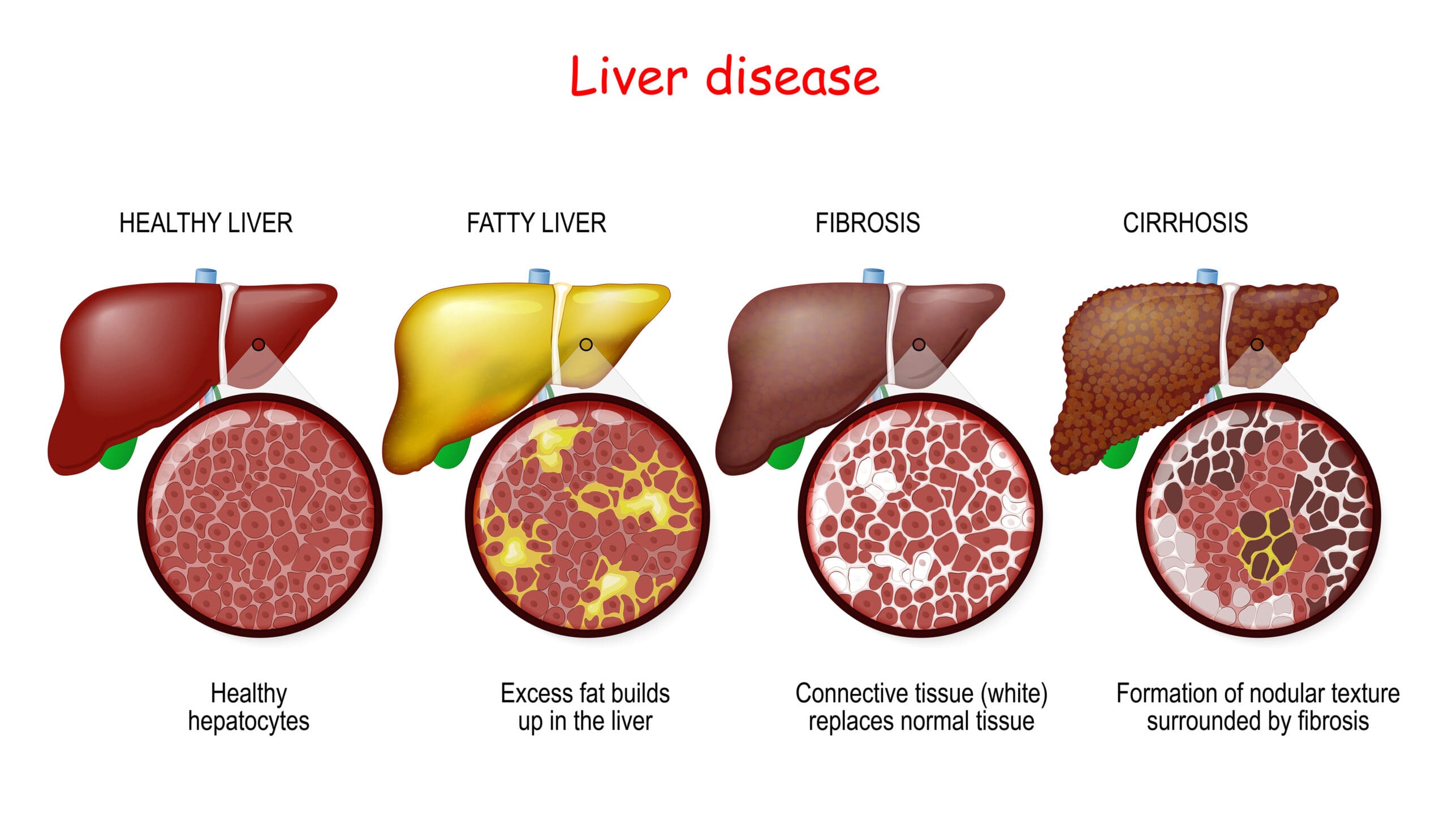Is a ketogenic diet safe for your liver?
By naturopath Margaret Jasinska
Should you follow a low carb diet if you have a fatty liver? This is a question I am often asked. A low carb diet is higher in fat; sometimes referred to as a ketogenic diet. Is this safe or beneficial for those with a fatty liver?
If you have a fatty liver it means there’s too much fat inside the liver already. Surely you shouldn’t be eating a lot of fat! Actually the research shows quite the opposite. It’s the ideal way to eat for those wishing to reverse a fatty liver.
A recent study has shown that a low carbohydrate diet can improve liver function in people with fatty liver disease. The study was published in the journal Diabesity in Practise and involved 69 patients who had very high levels of the liver enzyme gamma-glutamyl transpeptidase (GGT), which is a typical marker of fatty liver, insulin resistance or excess alcohol consumption.
All of the patients were put on a low carb diet for 13 months. Their diet was based on green vegetables, fish, nuts, eggs and meat. They increased healthy fats in their diet from olive oil and butter.
According to Dr Unwin, chief researcher, “The results were striking. The first thing that happened was their GGT readings dropped by an average 47 percent. That makes sense because the liver is the first destination of new glucose supplies.”
The participants experienced other health benefits too: reduction in blood sugar levels, weight loss, and improved ratio of HDL to LDL cholesterol. This was a British study, and currently the NHS recommends a low fat diet to treat fatty liver, but The British Liver Trust believes a low carb diet is much more effective, and could cut premature deaths from fatty liver. According to The British Liver Trust, these findings provide a “very useful insight on how liver function can improve.”
Fatty liver is a common and increasing cause of premature death. Left untreated, it can progress into cirrhosis of the liver or liver cancer. It is also strongly associated with an increased risk of type 2 diabetes, heart attack and stroke. If your liver is unhealthy, it is an important indicator that your health is at risk. If you don’t know about the health of your liver, please ask your doctor for a liver function test. If you have been diagnosed with a fatty liver, please know that it can be reversed.
Because it has the word fatty in it, most people think a fatty liver is caused by eating too much fat. On the contrary, low fat diets high in sugar, starch, grains and cereals are the biggest culprits, and so is alcohol. Industrial seed oils such as soybean oil, cottonseed oil, canola oil, sunflower oil, etcetera, and manufactured fats such as margarine can also cause fatty liver and insulin resistance. If you want to reverse fatty liver you need to base your diet on non-starchy vegetables, protein and healthy fats. There is an eating plan in Dr Cabot’s book Fatty Liver: You Can Reverse It. It’s extremely important to eat enough protein and fat, as both will help to keep you satiated. That’s why I encourage my patients to eat fatty cuts of meat, rather than chicken breast or egg white omelettes. Fatty cuts of lamb and beef, combined with watery vegetables such as bok choy, zucchini and broccoli help reduce cravings and excessive hunger. A protein powder can be extremely helpful as well, as it’s satiating plus quick and easy to prepare. Synd-X Slimming Protein powder only contains 1.1 grams of carbohydrate per 20 gram serve. It can be used as a meal or snack.
A large percentage of fatty liver patients are insulin resistant and pre-diabetic, or have type 2 diabetes. These conditions typically make it extremely difficult to lose weight. You can be eating much less than the average person, yet still not lose weight. There is a suitable eating plan in our book Diabetes Type 2: You Can Reverse It Naturally.
Download your free copy of our Ketogenic Diet Guide to access some delicious keto recipes and info on following the ketogenic diet.









Leave A Comment